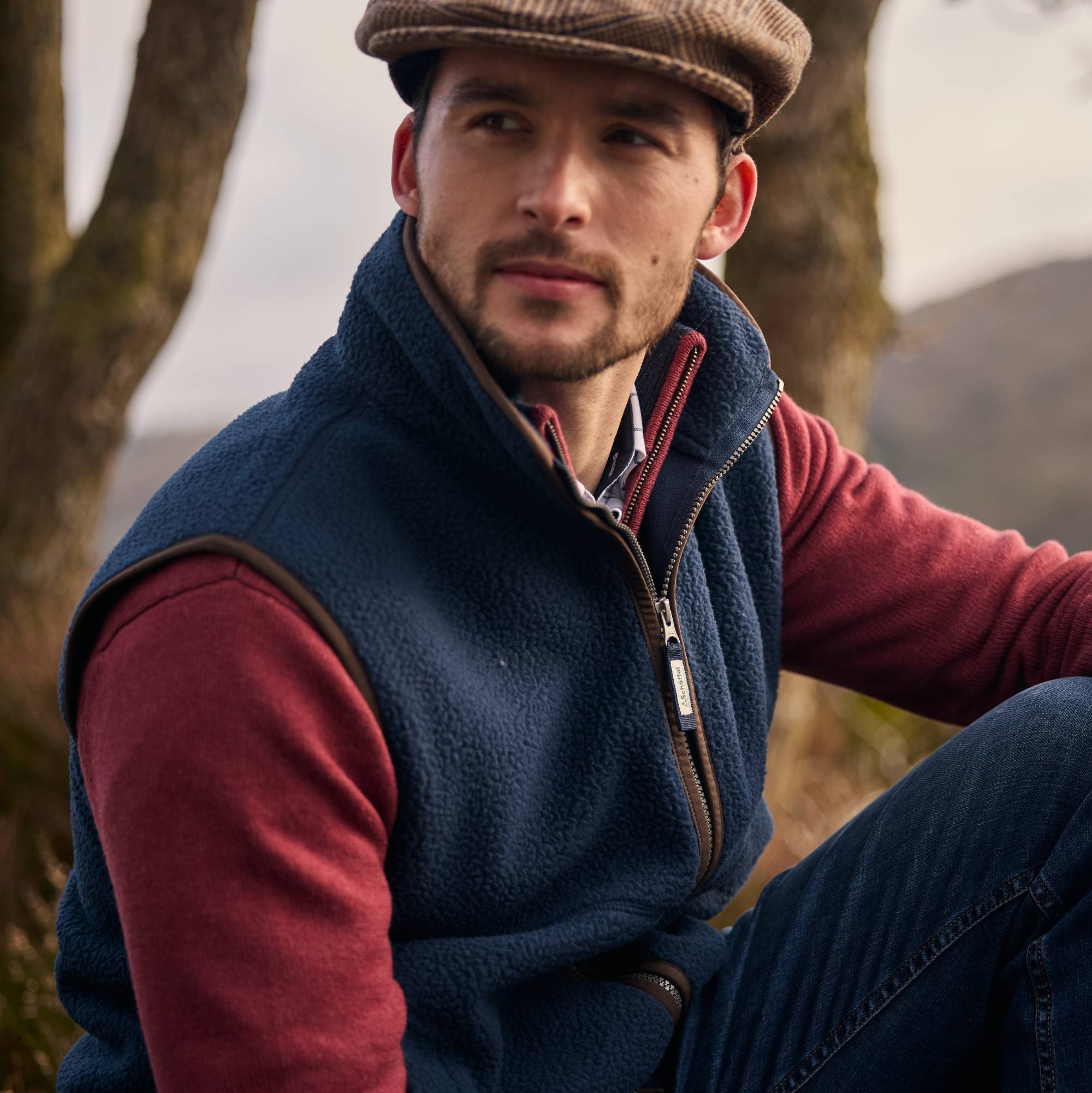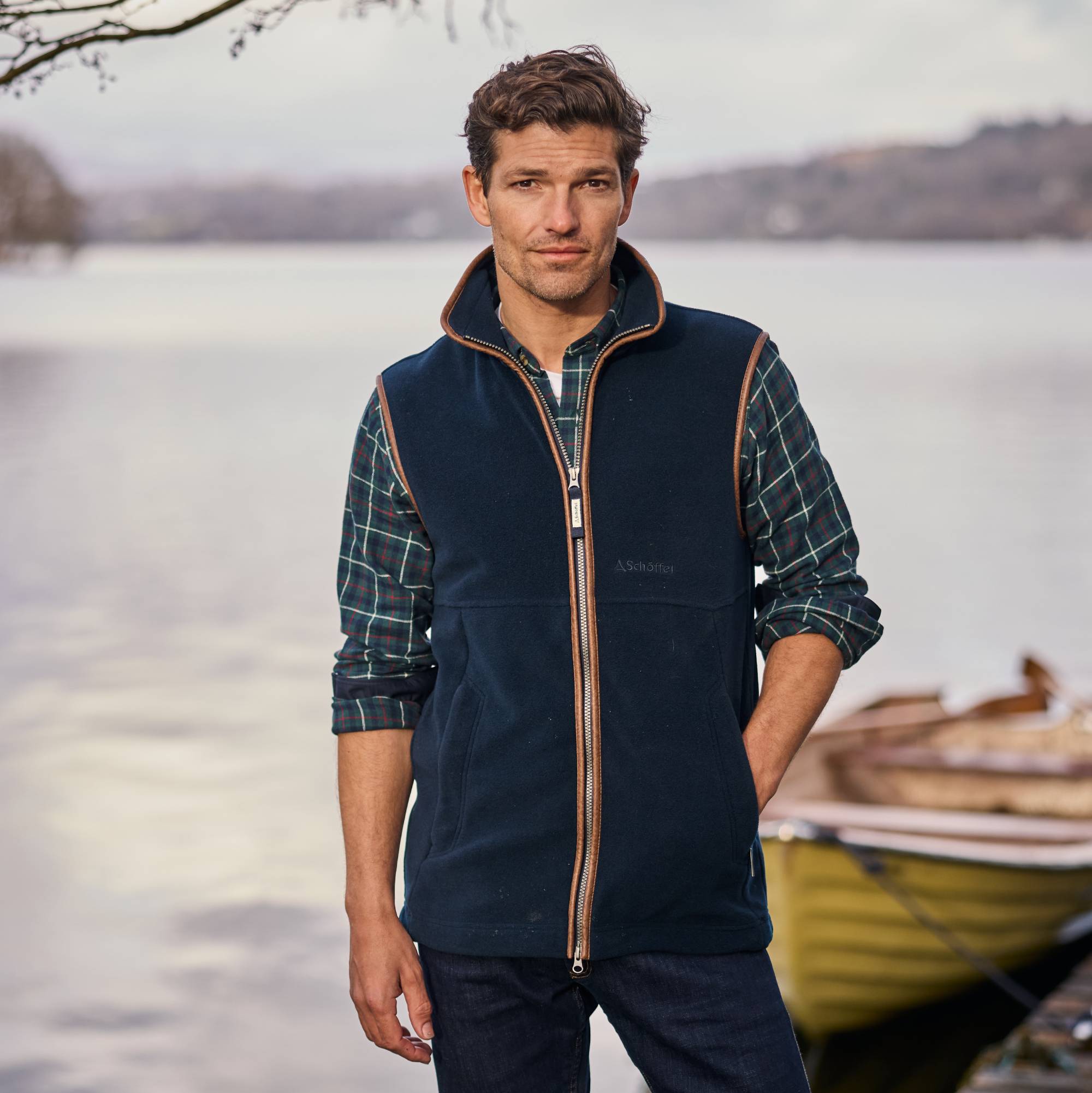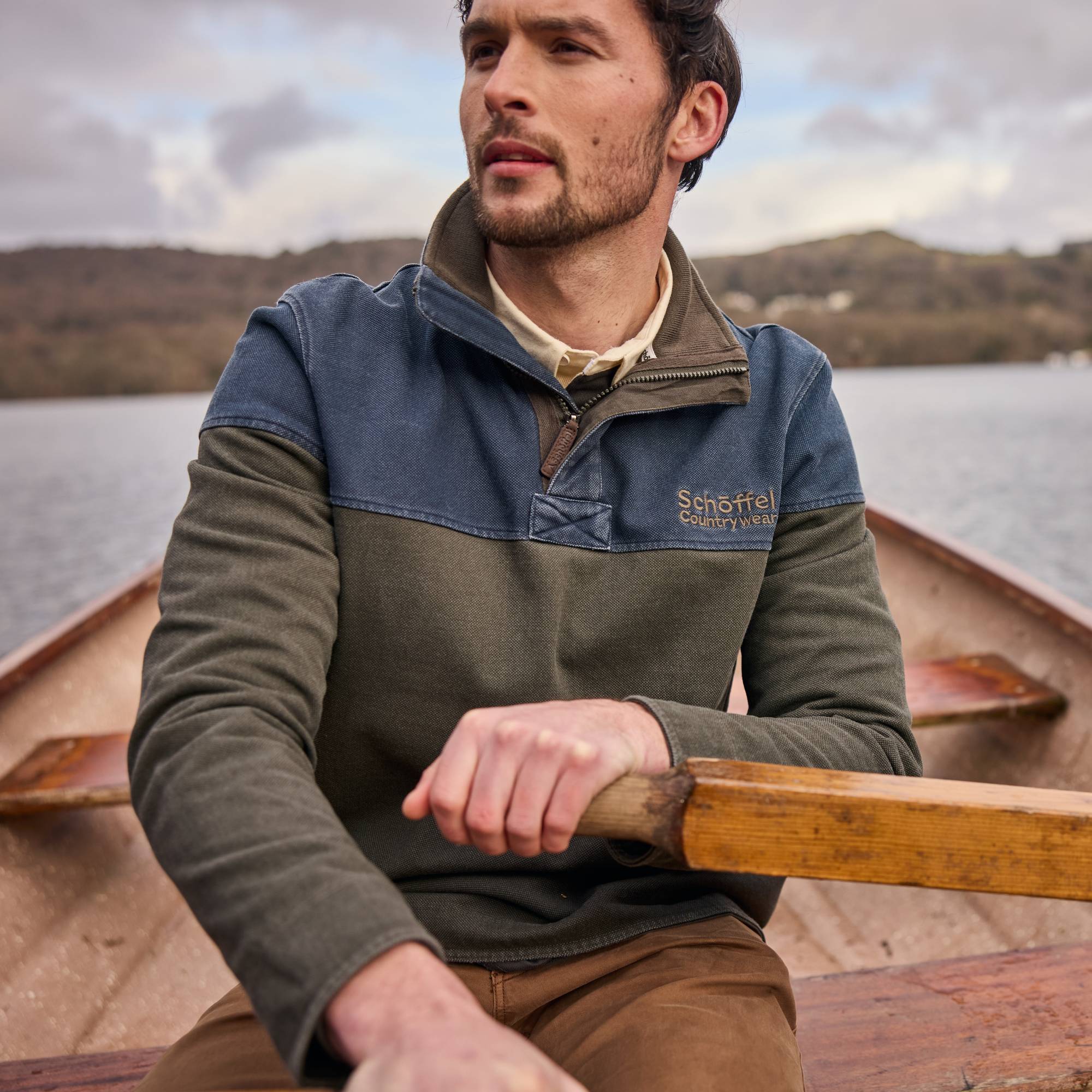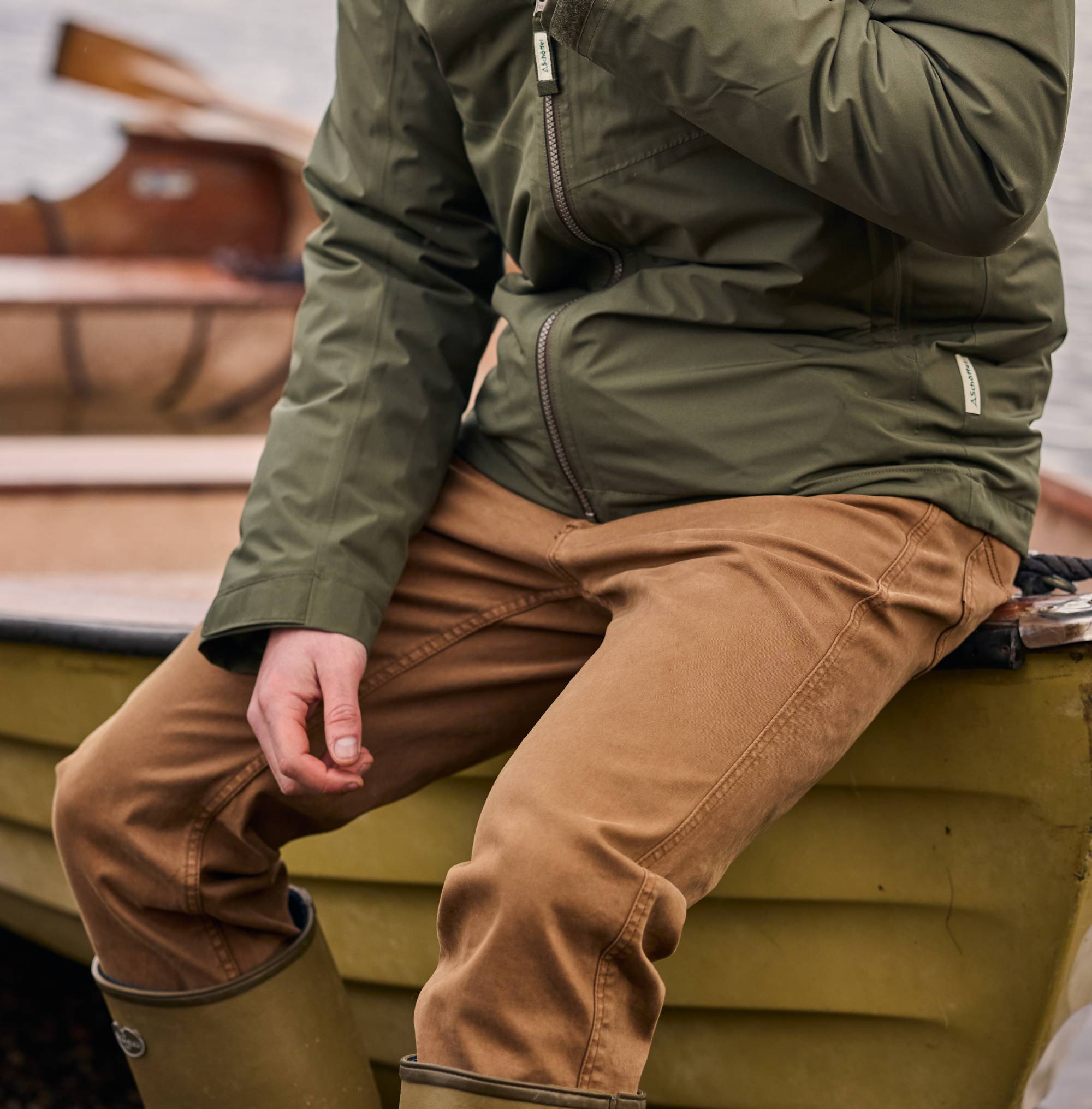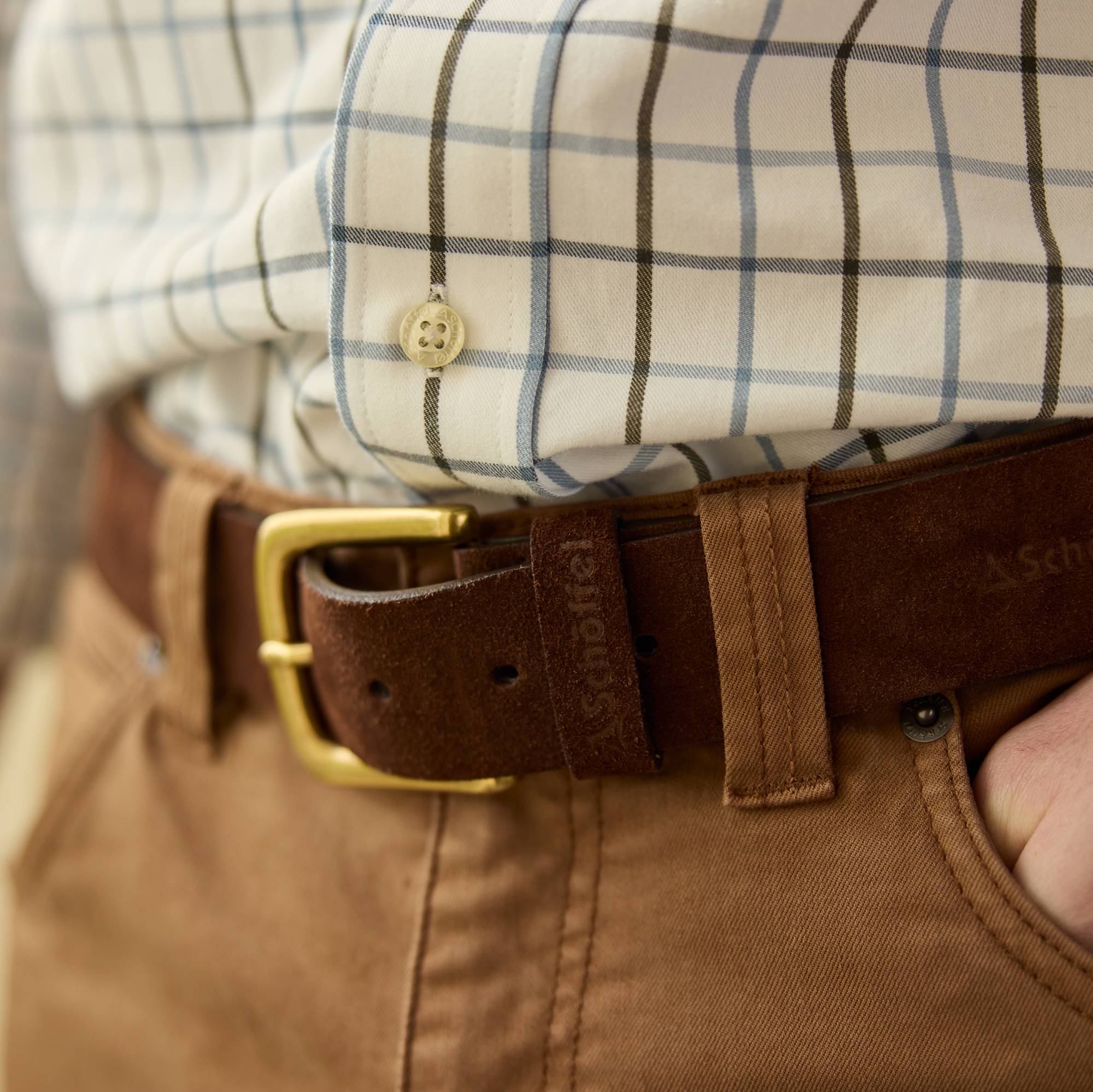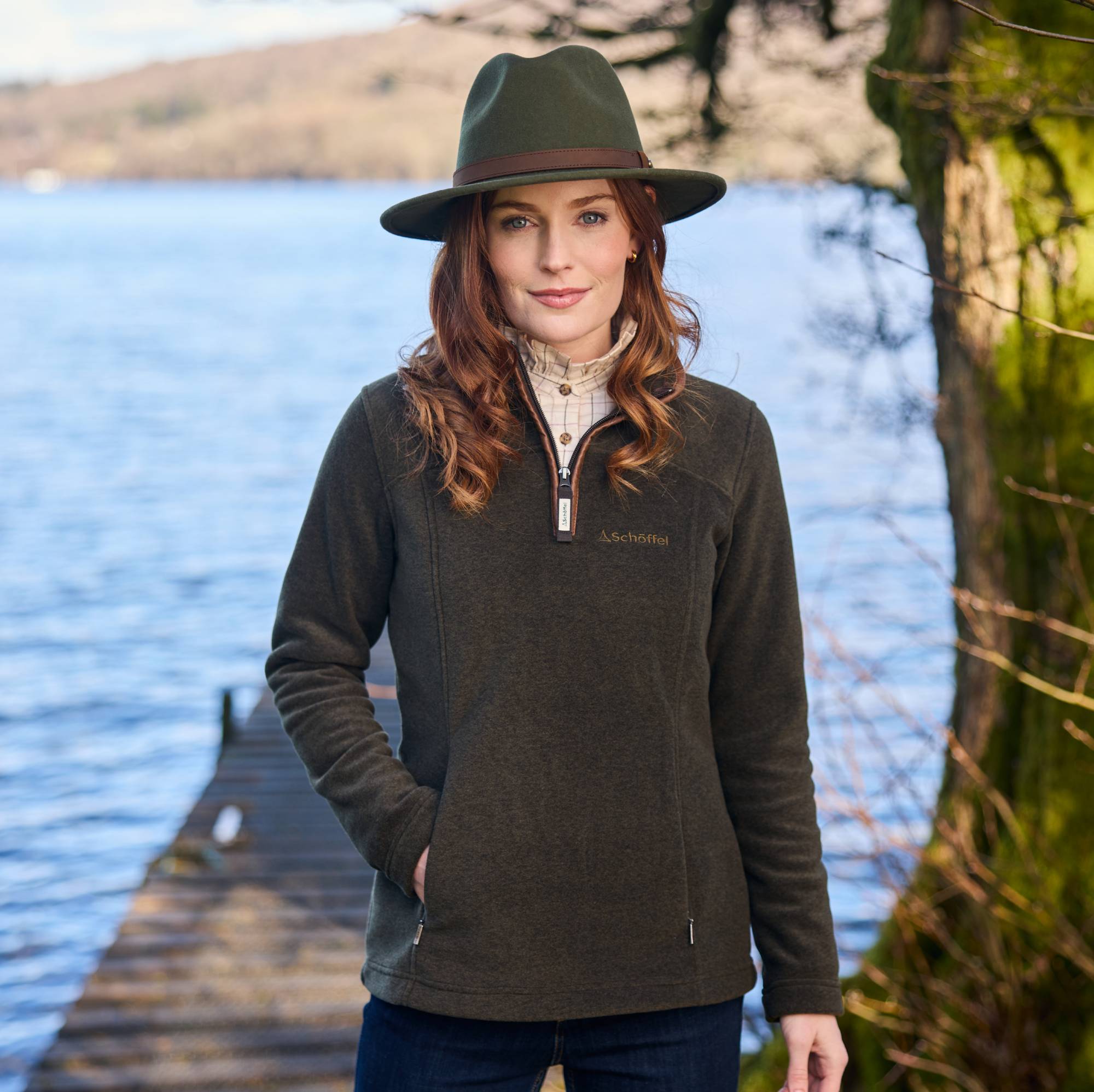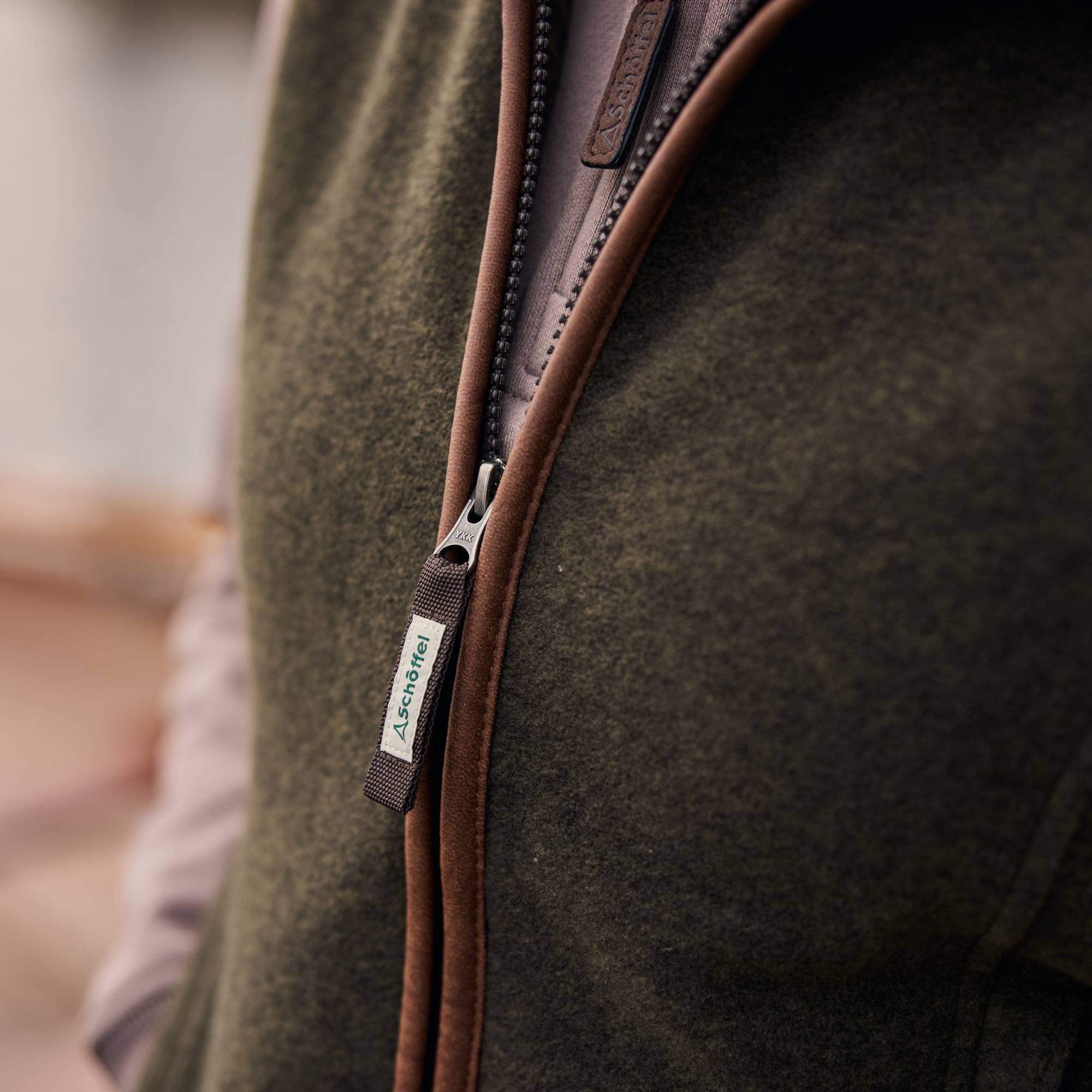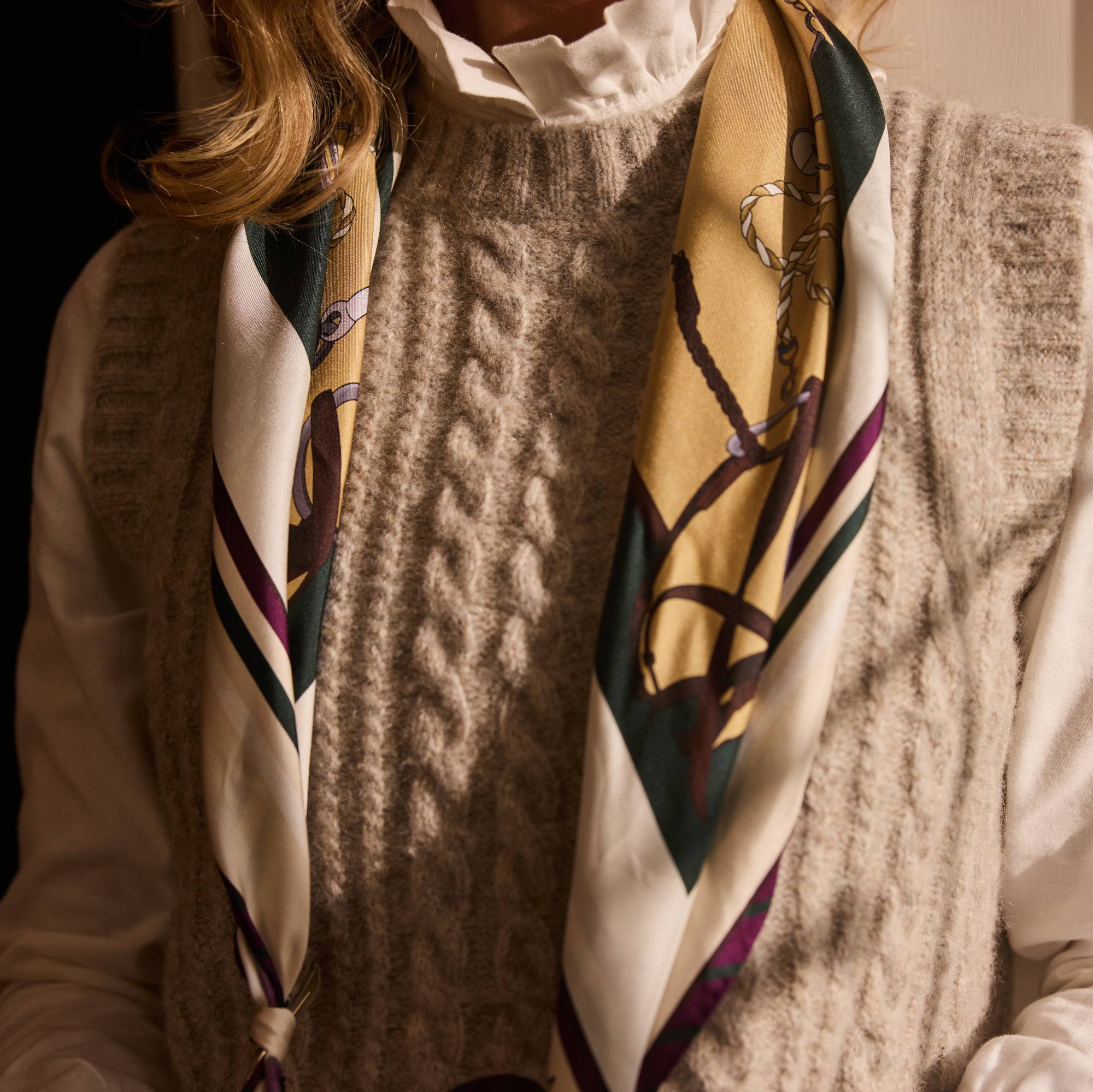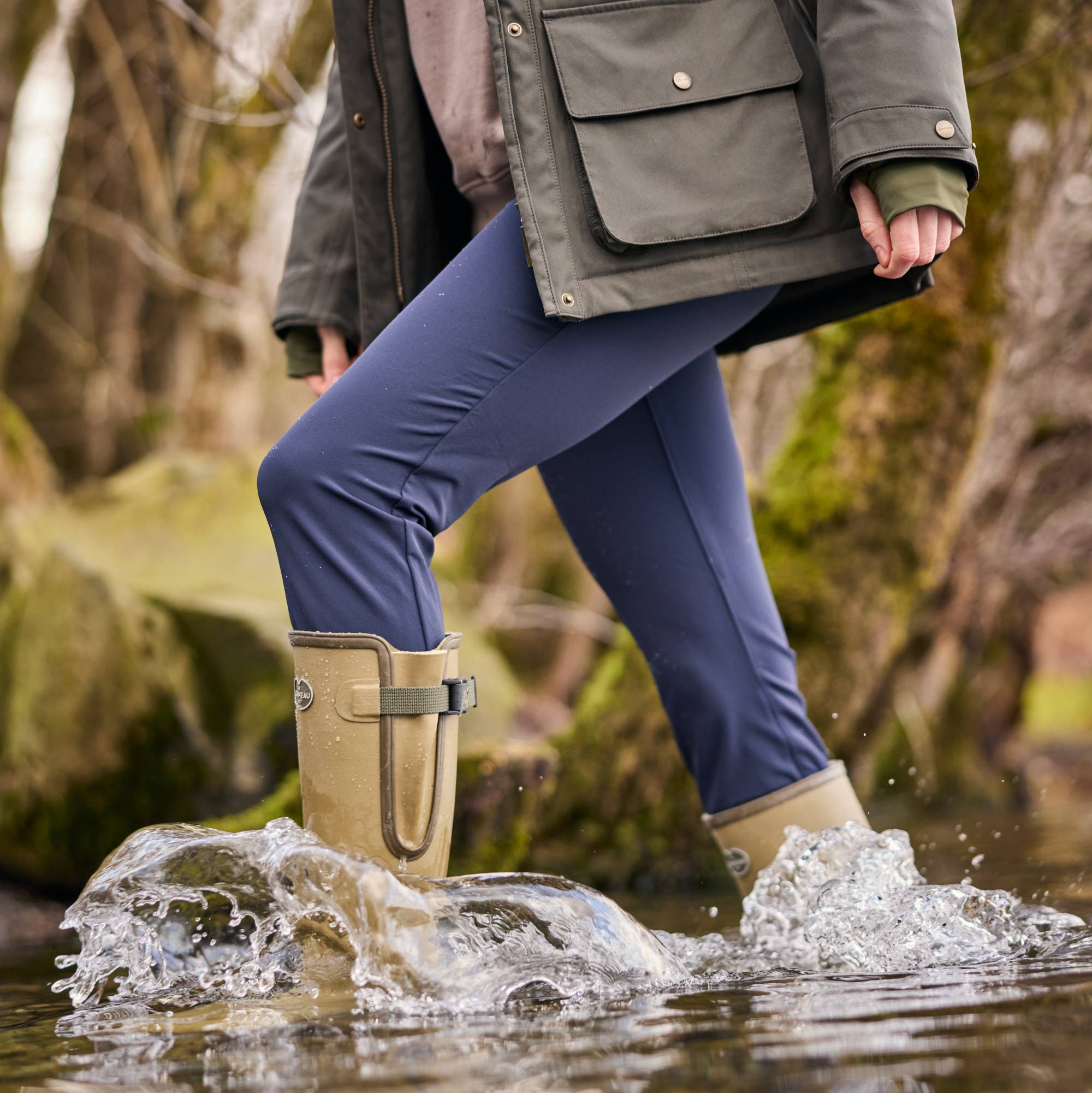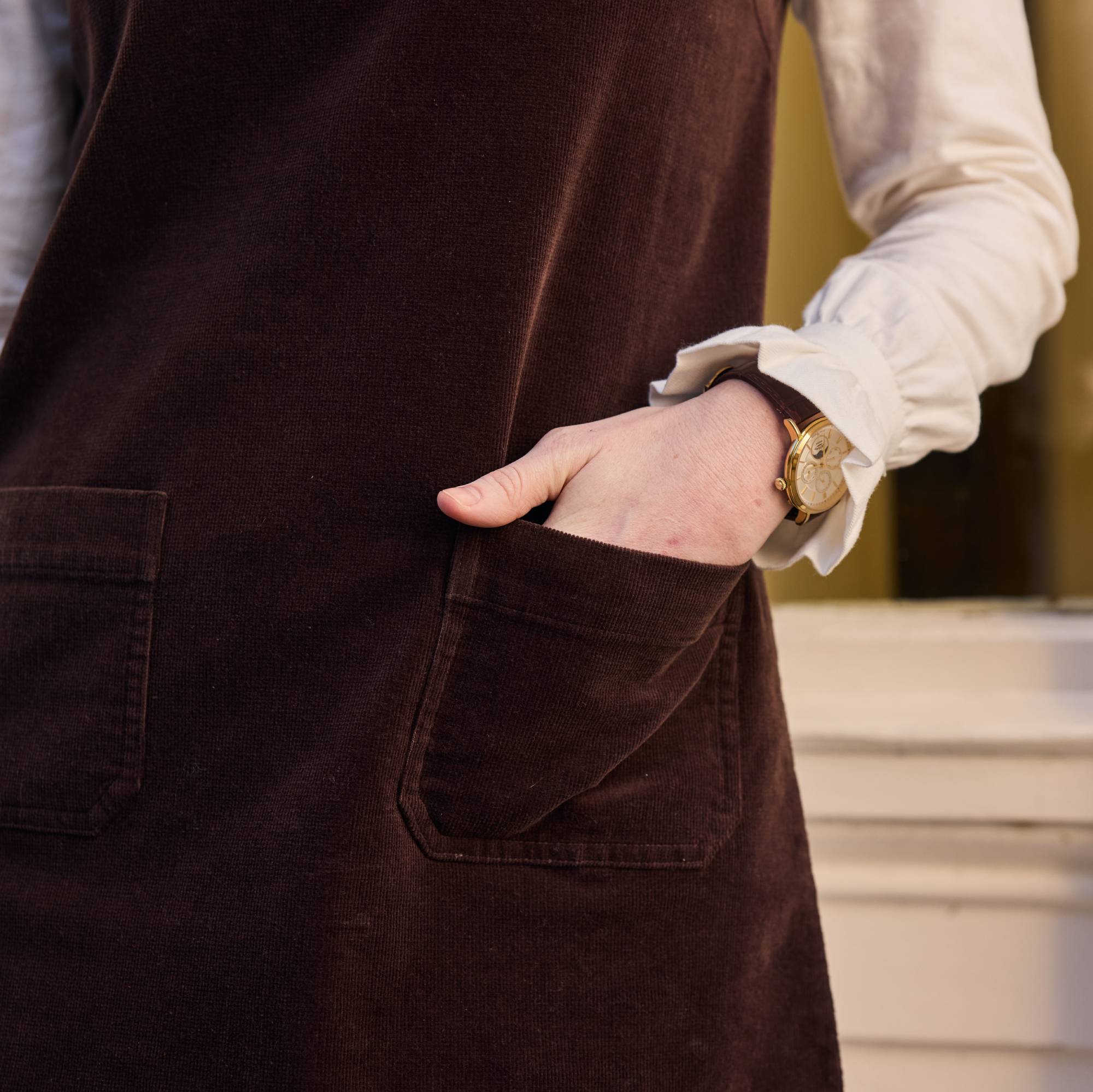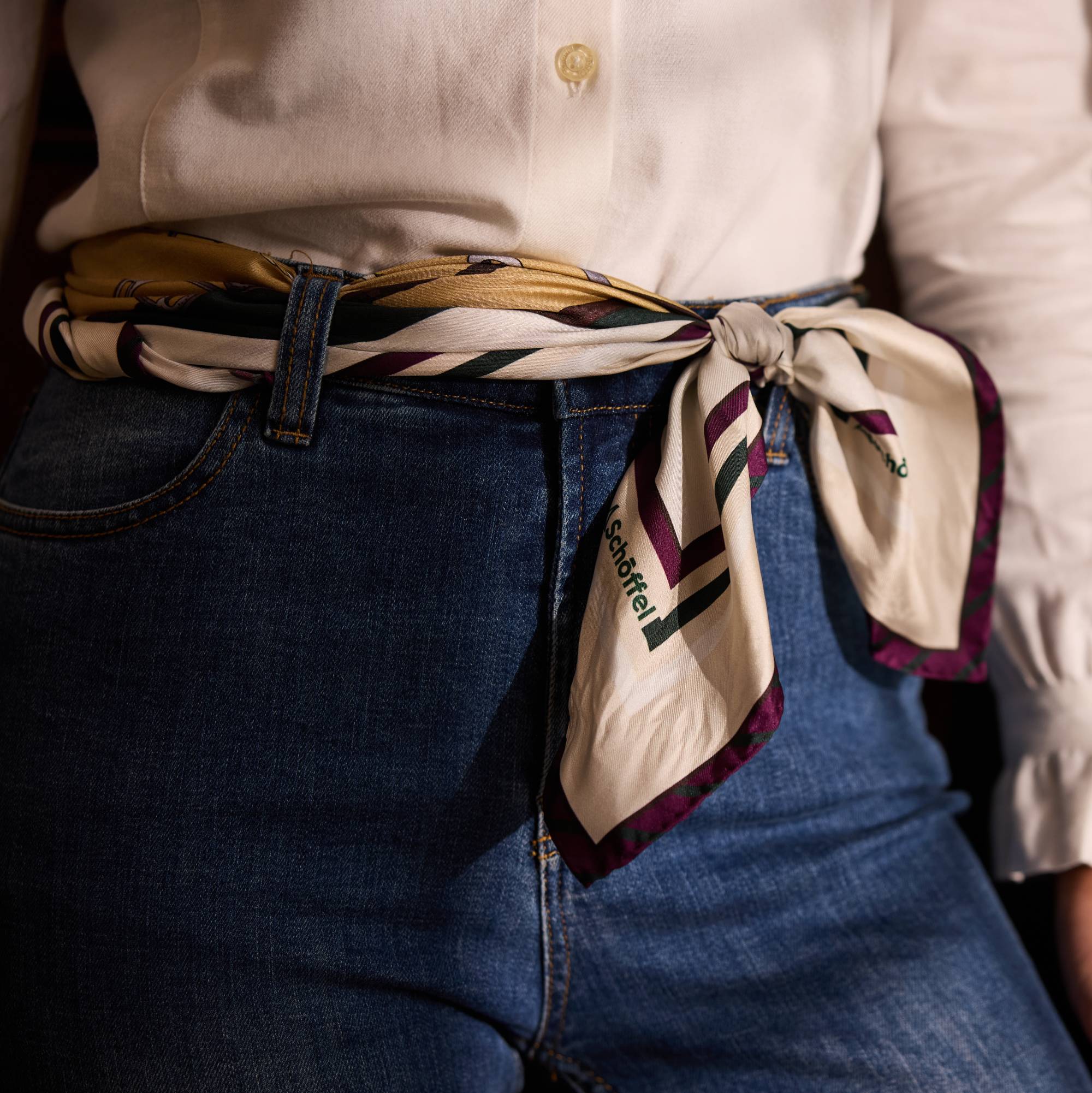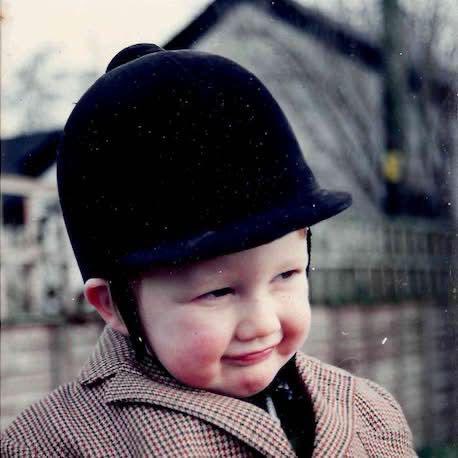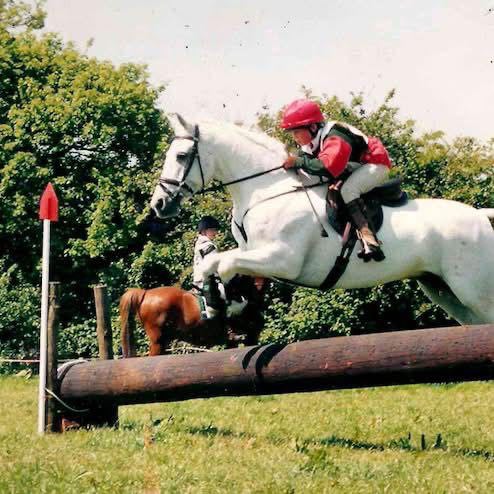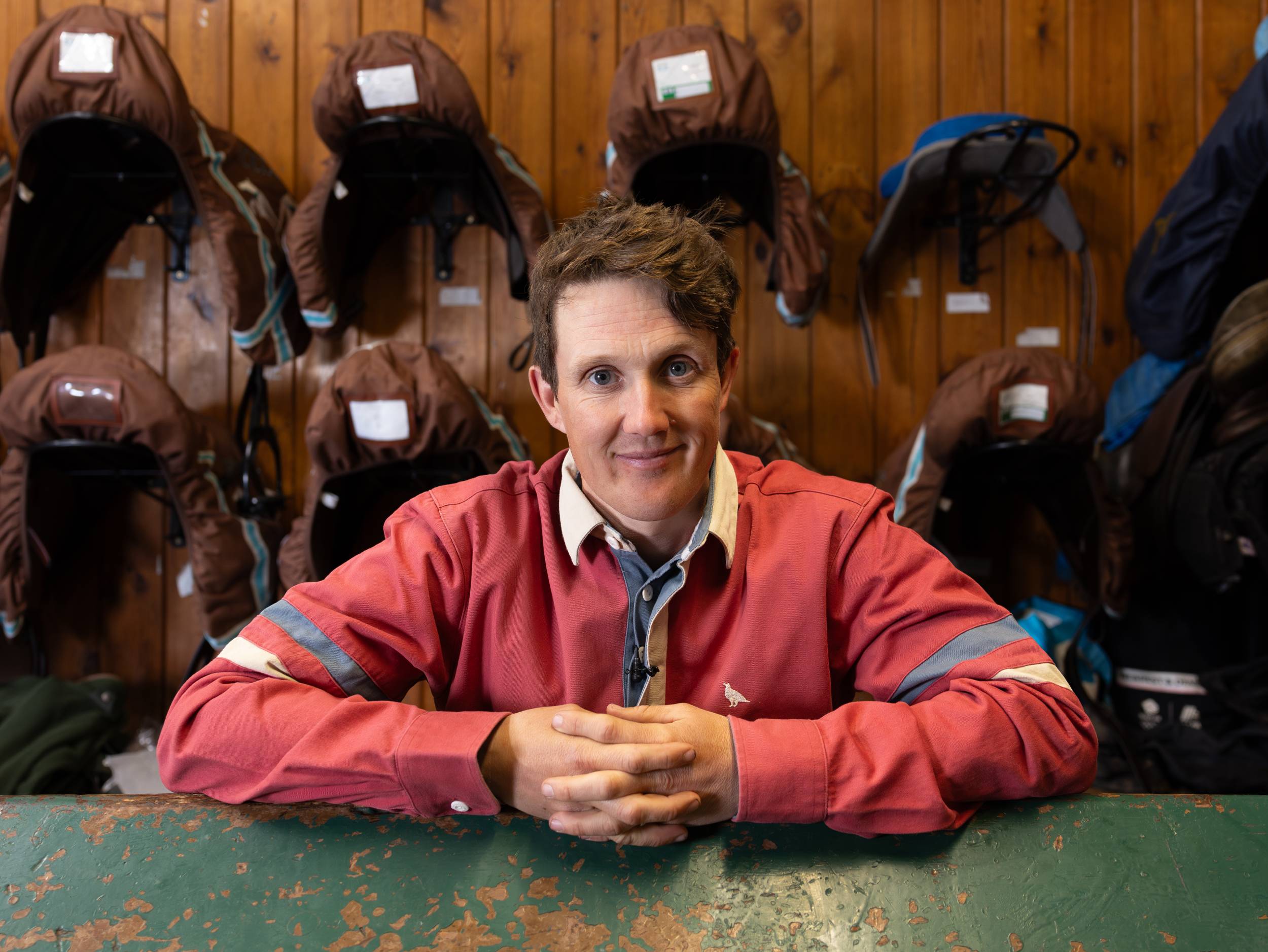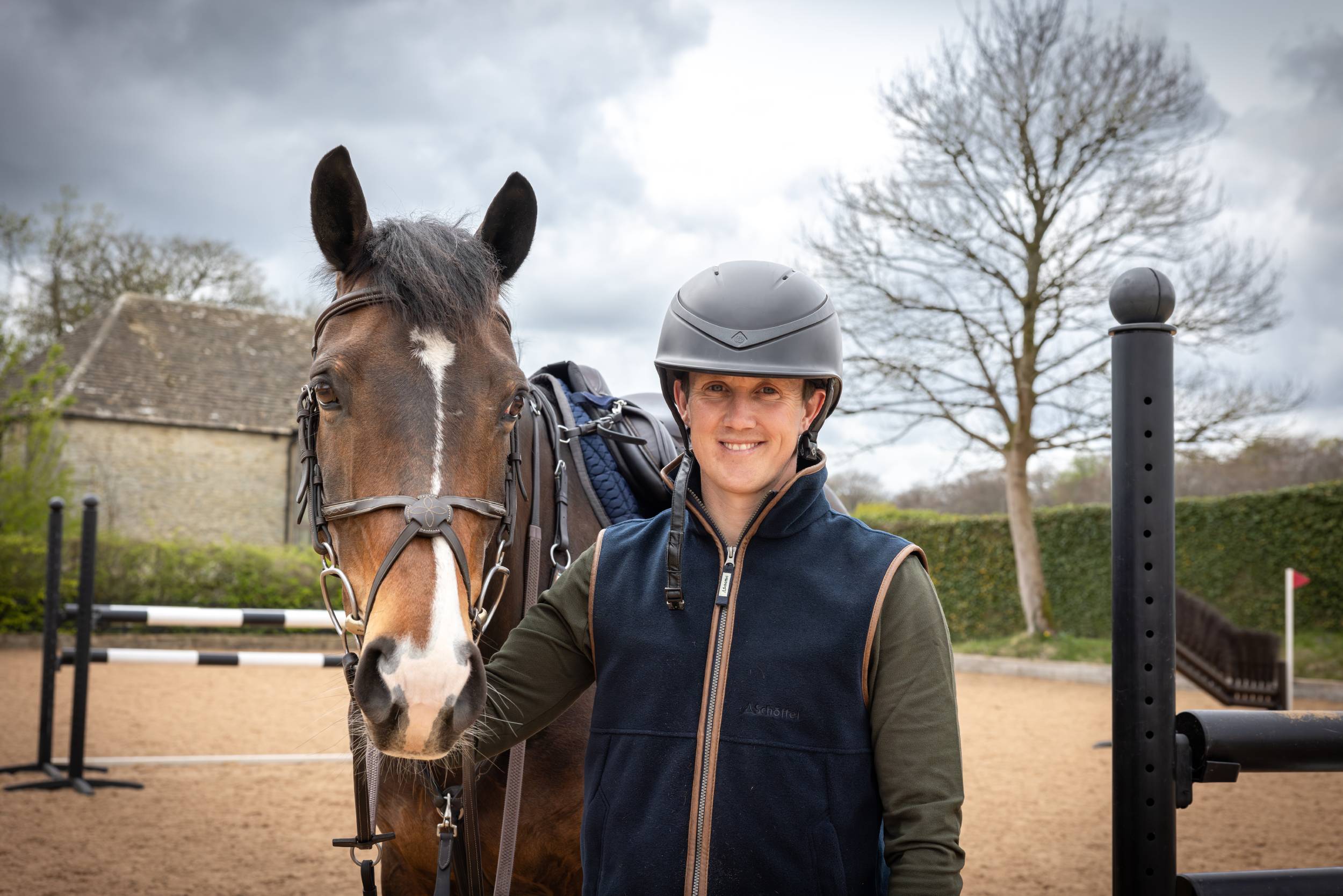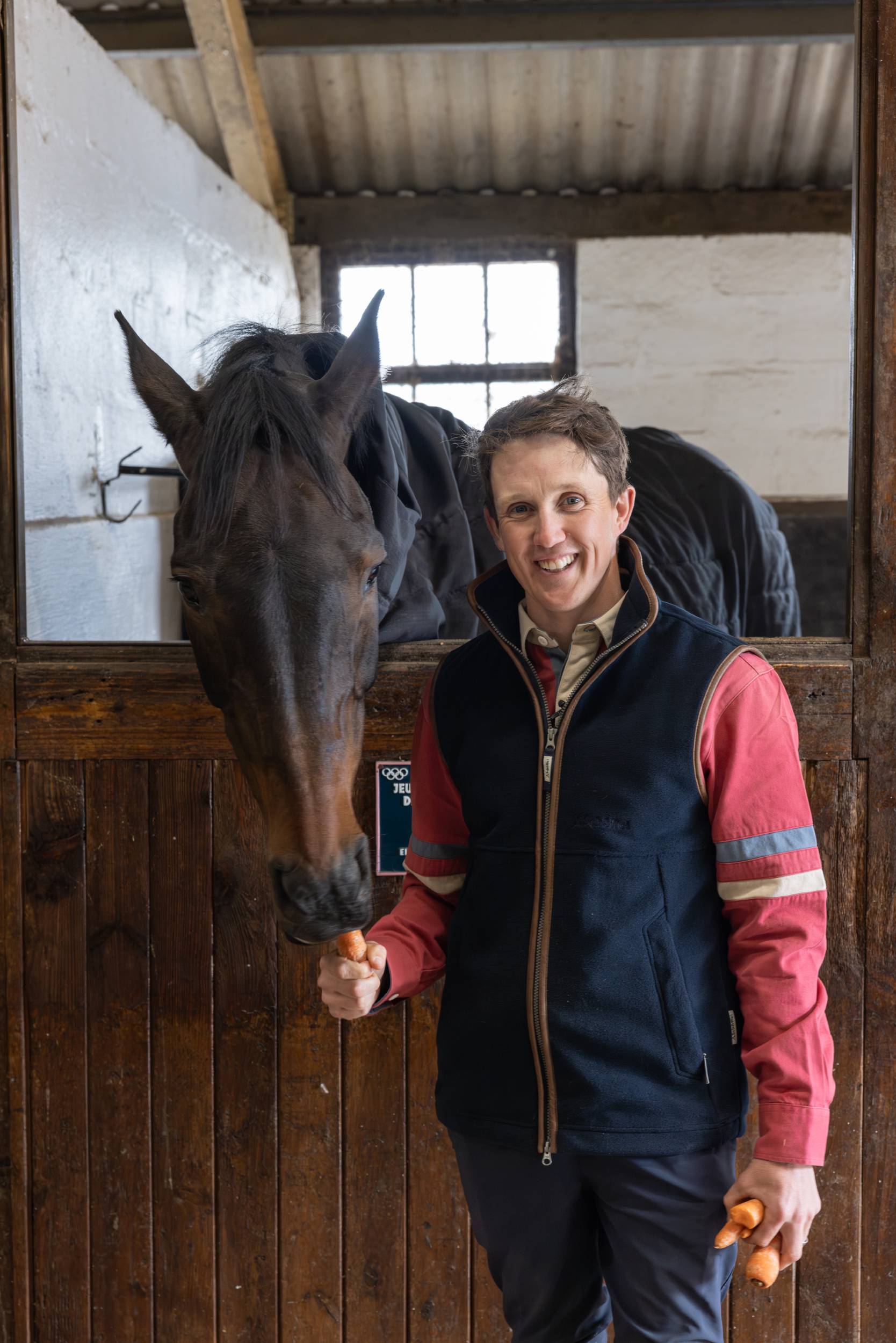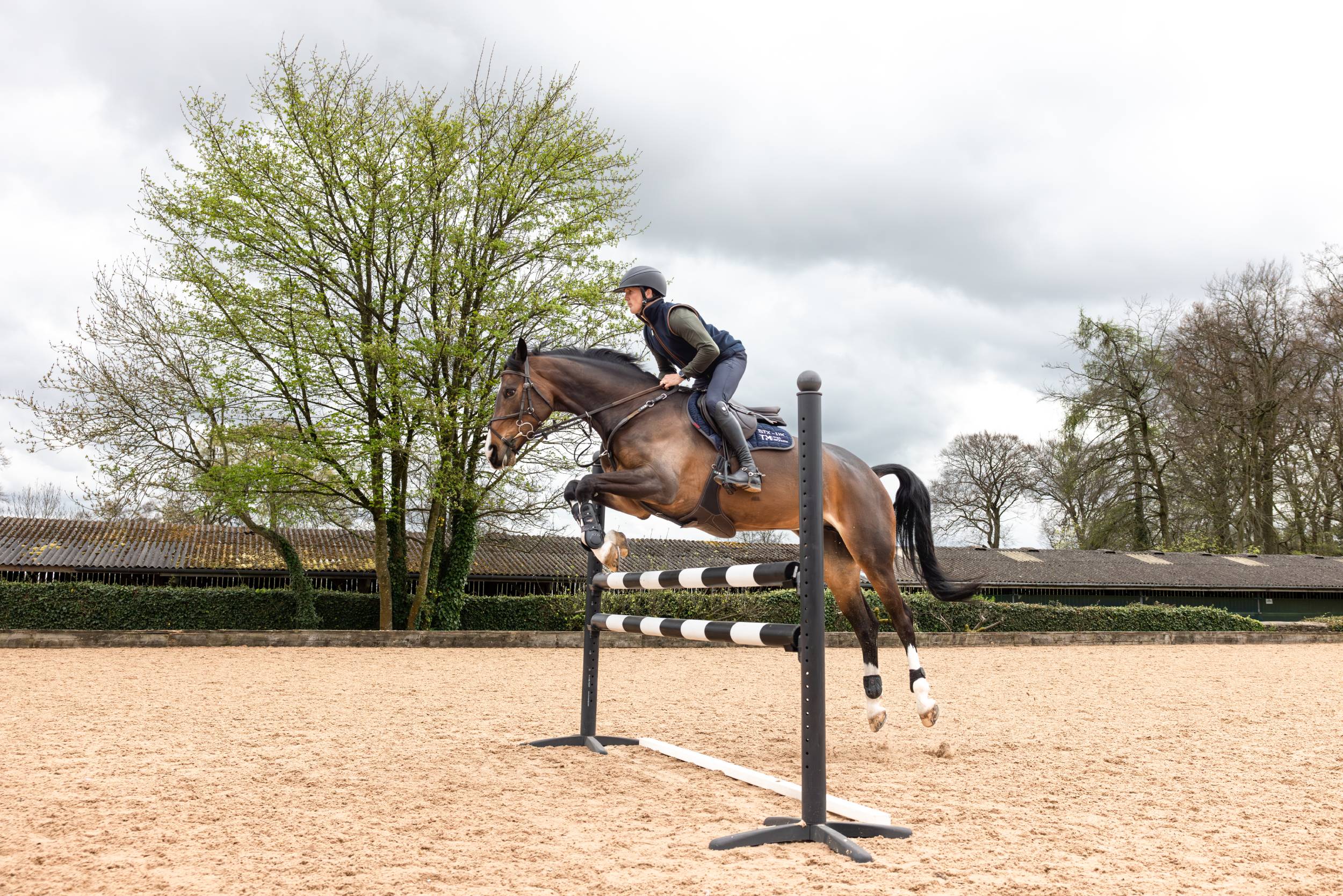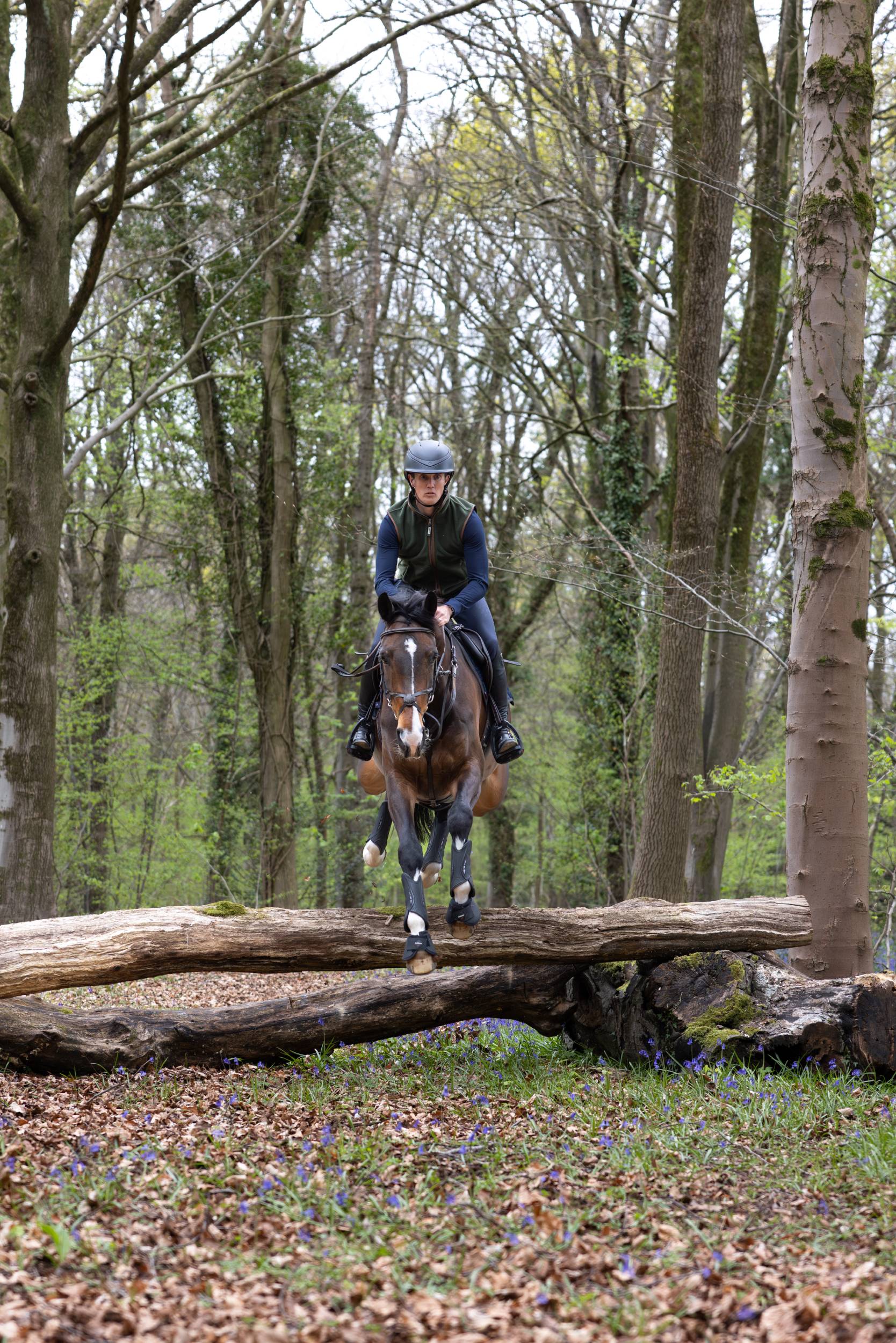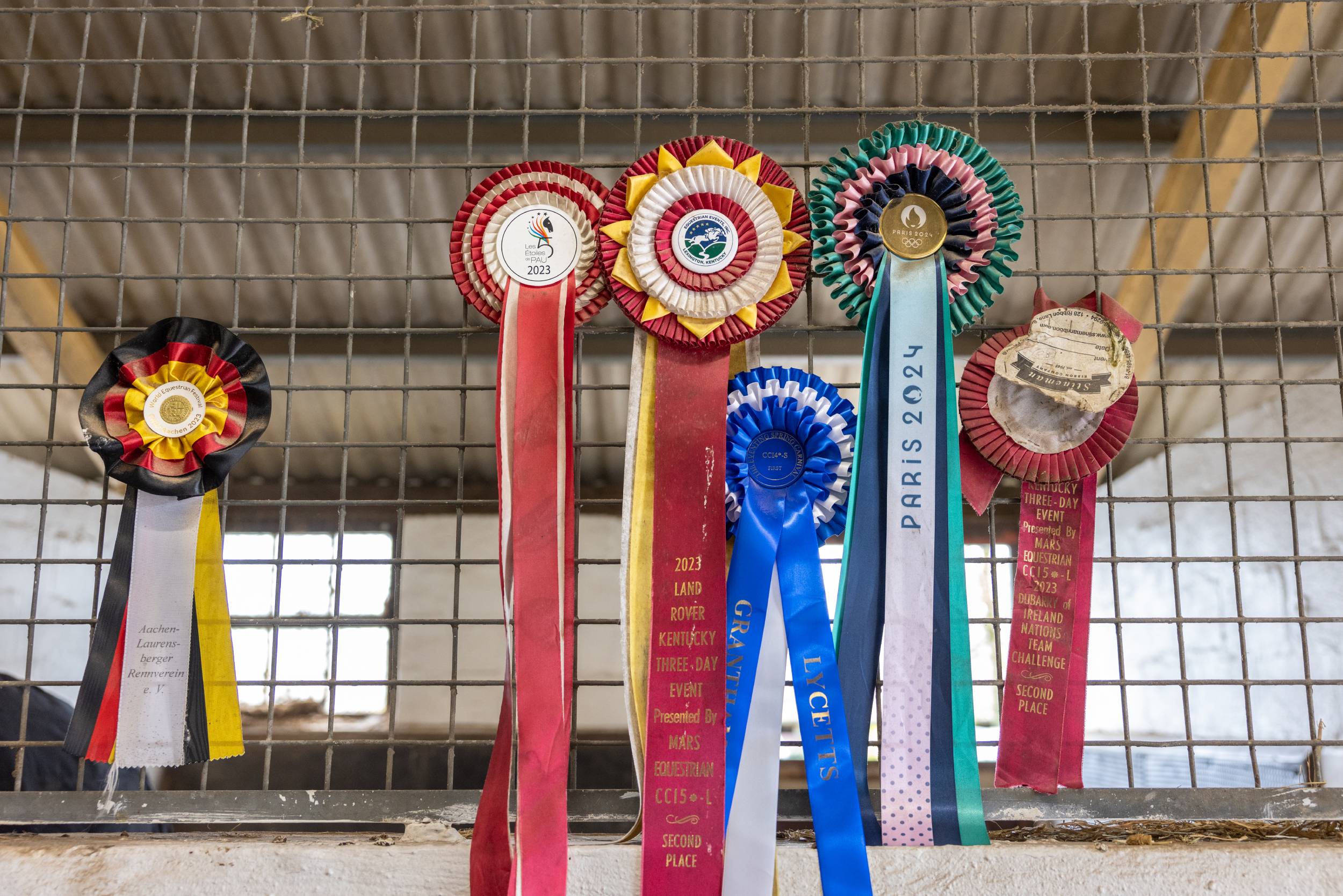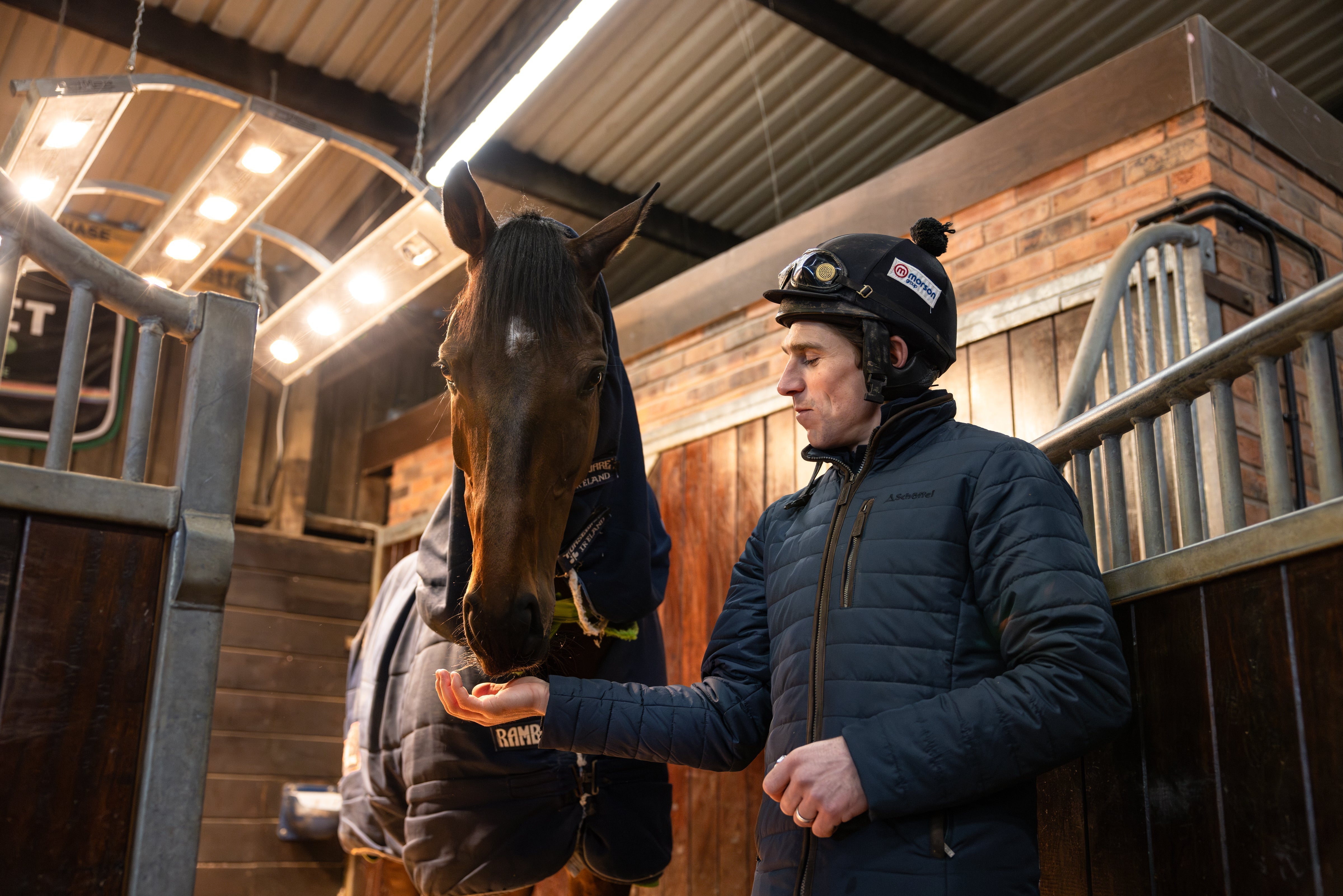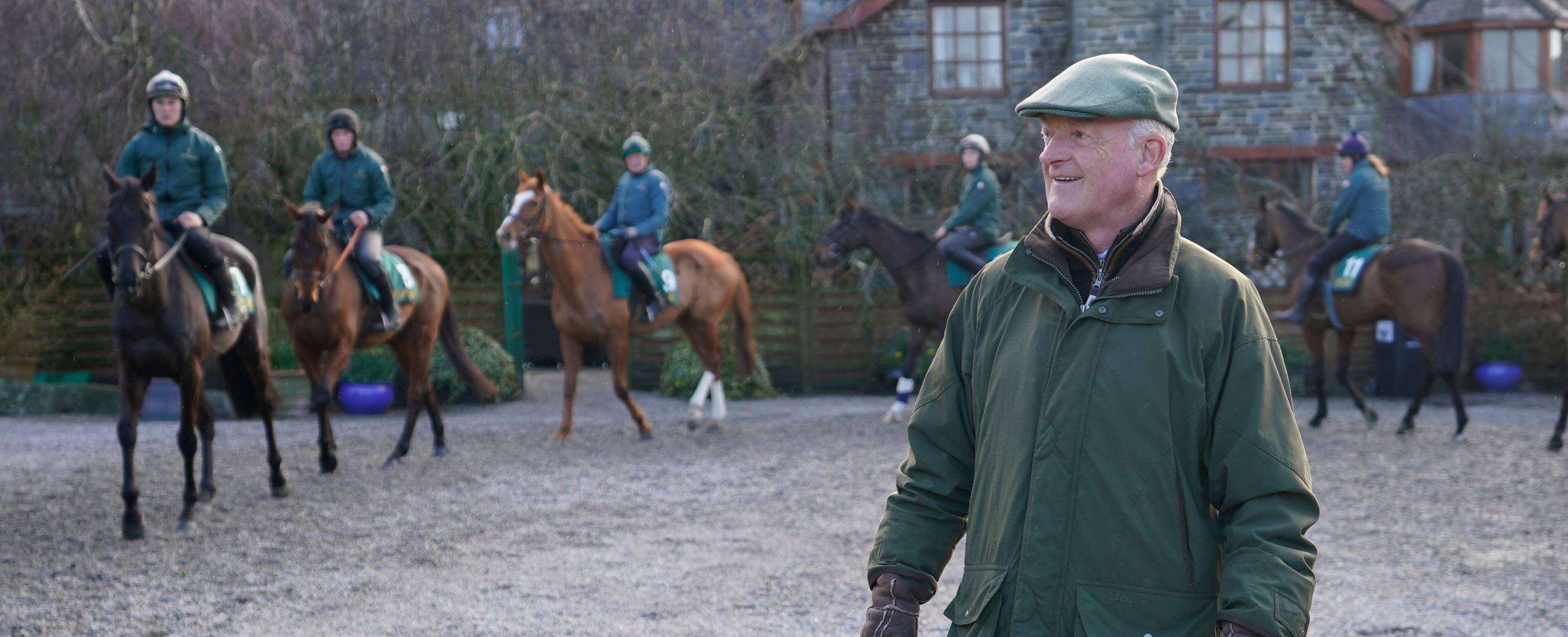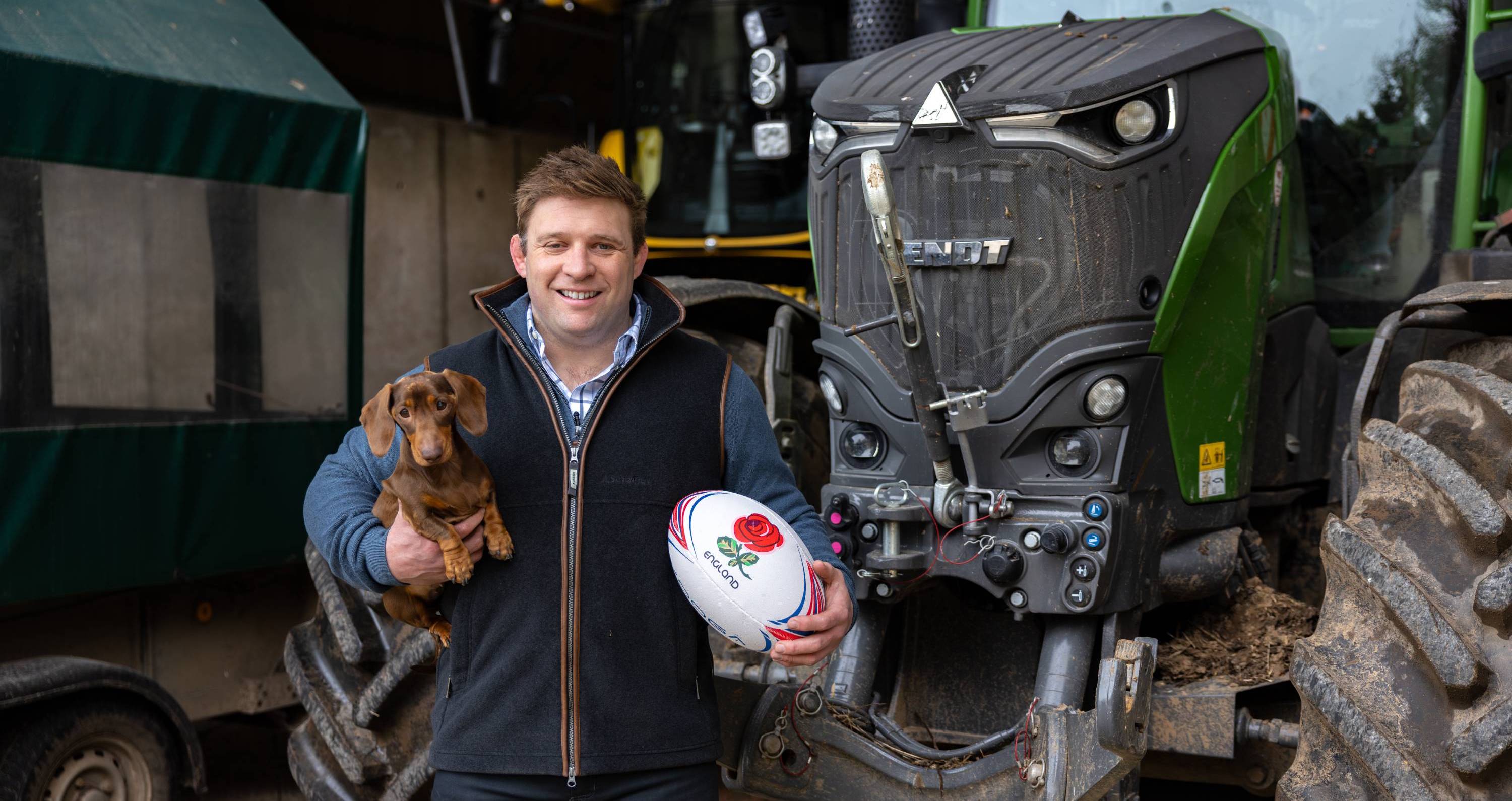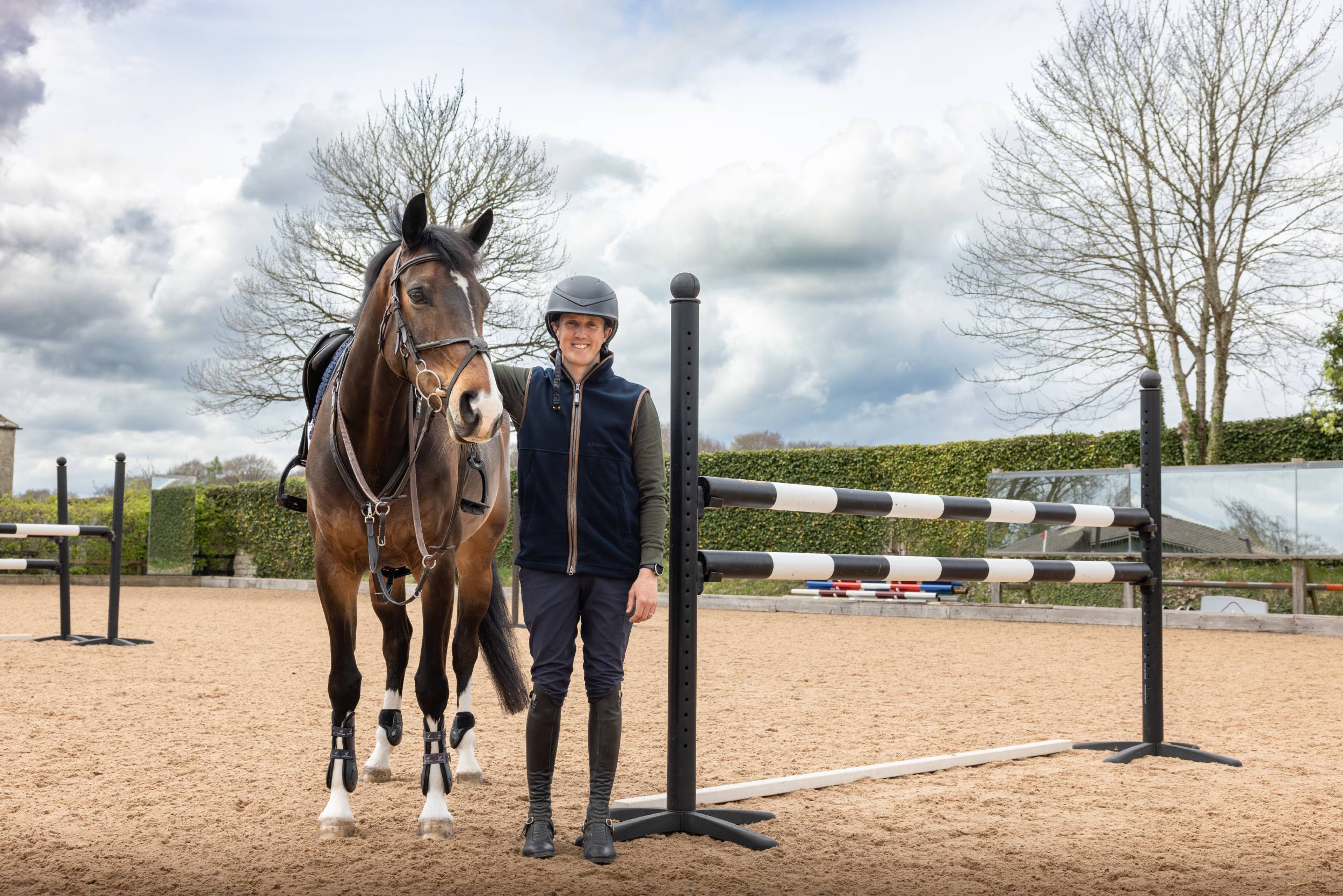
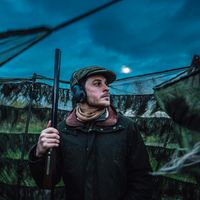
Interview: 10 minutes with Tom McEwen
Reflecting on a journey that has taken him from Pony Club to the top step of the podium at the Olympic Games, friend of Schöffel Country and world number one event rider Tom McEwen shares his memories, thoughts, and some invaluable advice for young riders.
How did you get into riding?
I was born into this world. My dad is an equine vet. He’s worked in Lambourn for as long as I can remember. My mum did a lot of pre-trainers – working with young horses – and jumped a little bit herself.
I think I was about two when I first sat on a pony. Then it wasn’t long before I was at Pony Club; I have vivid memories of the bun run (breaktime), especially!
That’s really how it progressed for me. A lot of Pony Club, combined with hunting during the season. The VWH (Vale of the White Horse) Pony Club actually had more boys in it than girls back then.
I was lucky to have had the right pony at the right time. He was called Con and he had already competed in young rider championships. He had a bit of experience, but he had an air rifle pellet in one of his joints. With dad being a vet, his previous owners thought we’d be the ideal home for him, in case anything ever happened – but he was always fine.
Riding Con really got me hooked. He was an awesome jumper, incredible at cross-country, and we had a lot of fun.
How did your career in eventing progress?
I enjoyed school and ended up going to Oxford Brookes University. I was only there a few weeks, though, before I decided to defer a year and do a bit of eventing. It was approaching the end of our season; I competed at Boekelo and Pau, and they are both great events.
For context, Boekelo in the Netherlands is right outside the Grolsch factory, so the Saturday is very much a beer festival as the cross-country is taking place, and it has the atmosphere to match.
Pau is down in the Pyrenees, in the south of France. It is beautiful and has a very relaxed feeling to it – it’s quite different to the five-stars we have here in the UK.
After competing in those two events, there was no going back. It was all I wanted to do.
What is it about eventing that is so special?
It’s such a true form of equestrian sport. It’s the triathlon of horses. It doesn’t matter if you’re male or female – or if the horses are mares or geldings – we all compete evenly. Everything is on an equal playing field.
For the Tokyo Olympics, there was a lot of talk about ‘two hearts’ – commentary that referred to the bond between horse and rider – and I think there’s so much in that. It takes a while to truly get to know a horse. Building that relationship, spending time together, and really understanding one another, is key. On a cross-country course, for example, when we look left, the horse goes left; if we look right, they go right. You learn to work with each other through feeling rather than asking.
What makes a special horse?
For a horse to be special-special, I think they have to really, really enjoy what they do. If my horses could read a map and knew where they were going on cross-country, they’d quite happily do it without me!
They must absolutely love the top end of the sport. And by that, I mean the atmosphere of the big events. If, for instance, I was to take Toledo to Aston le Walls or another of the places we take our horses as they prepare for the big competitions, he would have no interest – he’d be very mellow, very chilled. Get him to a big event, on the other hand, and he’s different altogether. He goes into complete-focus mode. He doesn’t get overexcited, but he’s fully switched on and absolutely loves it.
You could say the same about the three British horses that featured at the prizegiving ceremony at the Paris Olympics last year. I don’t know if it quite came across on TV, but it was so loud in there and the horses just stood there lapping it up. The ability to do that makes a horse truly special.
Of course, there are other factors to consider, too. Soundness is important. If a horse can consistently come out every day, do its work, then run at events, without it affecting their bodies, I think that’s really important. As is their mental ability to train; a relaxed horse that is bright and sharp, and learns very quickly, saves a lot of time and will always enjoy its work.
Can you remember your first big event in the UK?
My first five-star event in the UK was Burghley in 2011, and I competed on a horse called Dry Old Party. It’s very rare to compete on one now, but he was a full thoroughbred and had raced on the track. I think he’d decided he was just a bit too intelligent for racing.
At home on the gallops, I gather he’d shown a lot of promise. He had the same breeding as Best Mate, so they had huge hopes for him as a racehorse, but sadly he was a bit of a flop in that department.
He was an amazing eventing horse, though. Pippa Funnell had been riding him. She called me one day and explained that she thought he’d really suit me, so she very kindly got me the ride. I was 17 or 18 years old at the time.
Dry Old Party wasn’t the best at dressage, but he was amazing at jumping and cross-country. I remember walking the course at Burghley that year and just realising how big all the fences were. You start piecing it all together and thinking about the point the horse will be at on their journey, and you realise how tough it is.
We absolutely flew around that course. I think I was one of two inside the time, and I remember everyone thinking I’d thrown my stick up in celebration as I approached the finish area, but I had actually thrown it out because he was going so strong and I was so tired, that I needed both of my hands to slow him down!
It's something I’ll never forget. The next year, I went back, thought I’d do exactly the same, got to the sixth fence and fell off backwards. That’s what makes eventing special. It’s the world’s best leveller. You can never be too big for the sport. The life lessons you learn from horses and working with them are quite incredible.
Do you have a favourite discipline?
Oh, I came into it for cross-country and that alone. When I was younger a lot of people asked if I would go down the showjumping route, but I just thought jumping the same style of fences in an arena every single day sounded quite boring. Since then, I’ve actually realised that it could be quite fun at the top level. It’s all about real power and balance.
The more I’ve done, the more I’ve grown to love every phase. When I was younger, I went to Carl Hester’s to learn more about dressage, which is essentially the floor gymnastics of eventing, and after a few weeks I was just mesmerised by what he could do with his horses.
I’d say I have a real love for all of it now.
What would you consider to be your career highlights?
Obviously, the Olympic Games are right up there. We’ve won the Pau five-star with Toledo, which was amazing for me, too. I still remember going to the seven-year-old championships at Leon with Toledo, that was super special. As was winning the Grantham Cup at Belton years ago, on a horse that everyone thought wasn’t capable.
It’s not all about the big events, though. There are so many standout moments, right the way back to young rider championships. And I’ve always loved the team events, like the Nations Cup.
I’ve had far too many seconds, so I need to start sorting those little bits and bobs out!
Your ambitions going forward?
I try not to set my sights on one big thing, because I think it can become all-consuming.
It has recently been announced that eventing will feature in the LA 2028 Olympics, which is very exciting. I love my Olympics, and I always have done. I remember watching it avidly on TV as a kid. It’s probably where I’ve enjoyed the most success professionally.
An Olympic horse is very different to a Burghley or a Badminton horse, though, so getting a few of these British five-stars really nailed down is something I want to do.
What advice would you give to aspiring riders who might like to follow in your footsteps?
If you’re lucky enough to have a set up at home, don’t get too comfortable practising there. The best thing you can do is get out there, travel, and spend time with as many people as you can, picking up as many little tips as possible.
In the early days I was here there and everywhere. I went to the Funnells’, to Marcus Ehning’s, Carl Hester’s, I was based at Mark Todd’s for a bit. You just pick up so many different things that help you ride, help you run a business, and help you be a horse person rather than just a rider.
I’m now probably midway through my career and I haven’t learned half of what there is to learn. Nobody will ever learn everything, but hard work and a willingness to learn from lots of people will go a long way.
